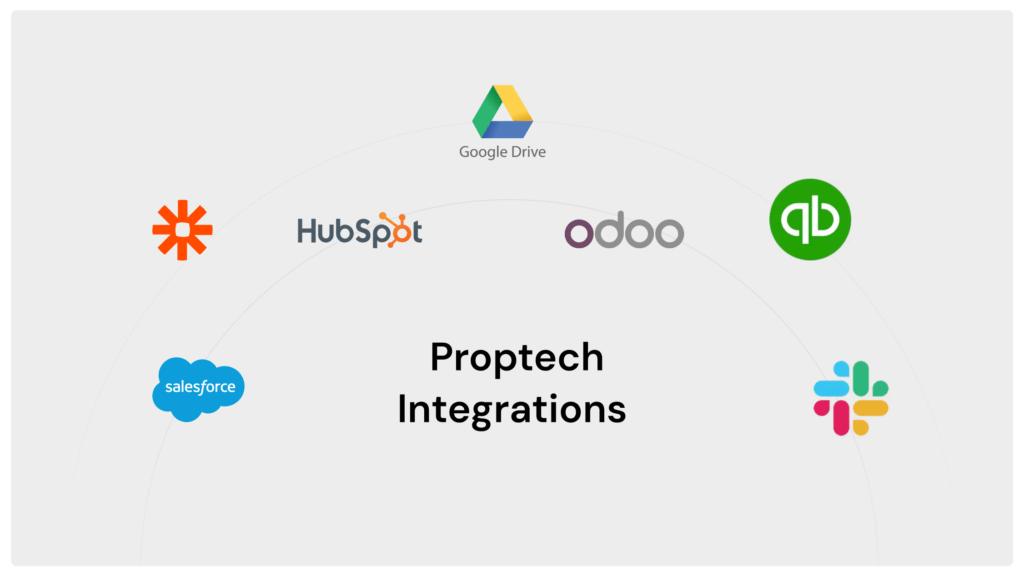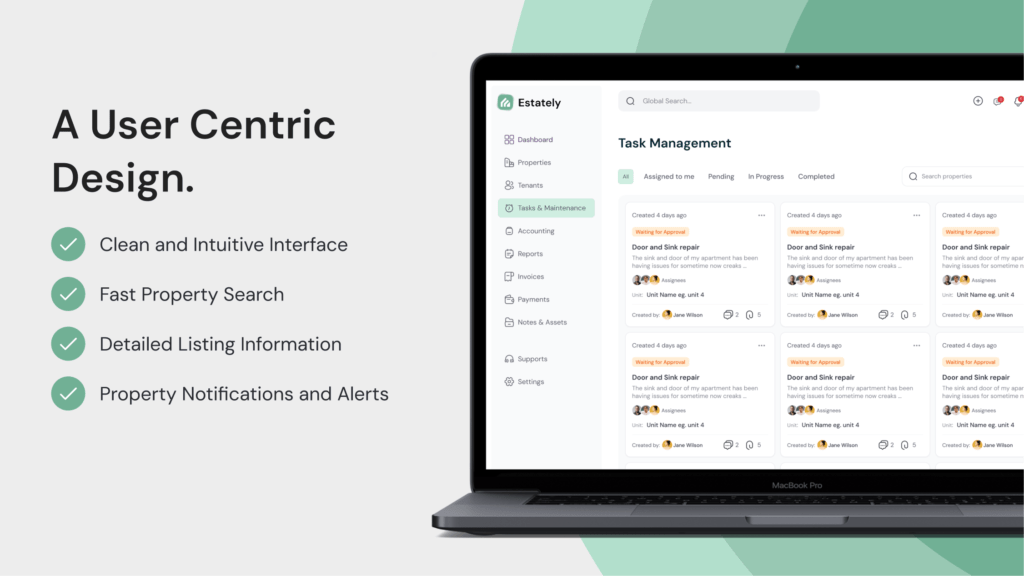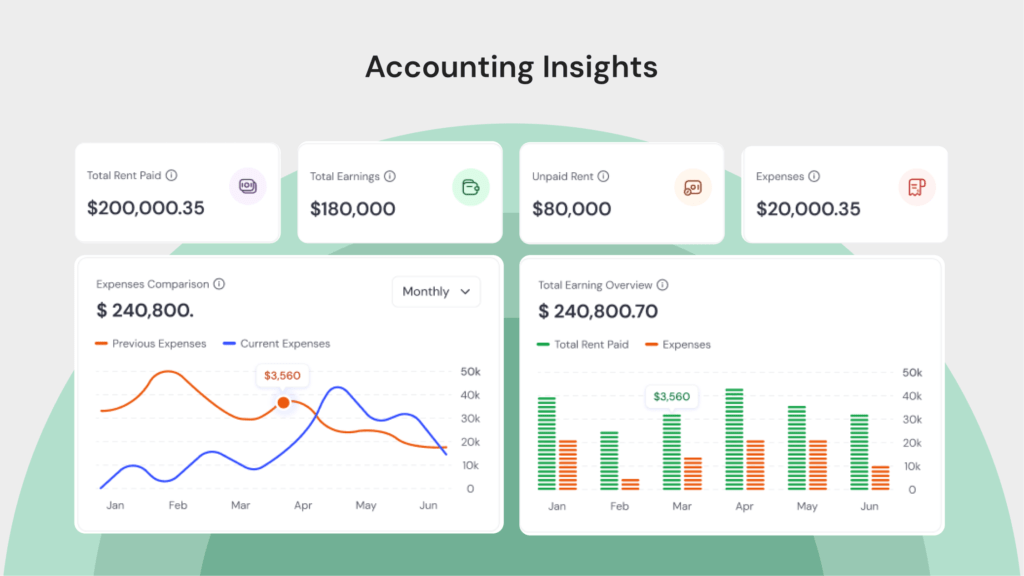What do the existing PropTech tools lack?
PropTech has transformed real estate by automating processes, enhancing accessibility, and streamlining data-driven decisions. However, many tools still fall short in key areas. Below, we examine these shortcomings and how addressing them could elevate the industry further.

In this Guide
1. Seamless Integration with legacy systems

Many real estate agencies rely on outdated systems, and most PropTech tools struggle to integrate smoothly with them. This leads to inefficient workflows and redundant data entry.
Tools should prioritize smooth integration with older systems to prevent data silos and reduce manual work. For instance, Estately offers an easy-to-use platform that integrates with MLS databases, making the process seamless for users.
2. More accurate property valuations
AI-driven property valuations often miss key factors like upcoming infrastructure projects or zoning changes, leading to inaccurate estimates.
An area may see rising property values due to a new development, but if tools don’t account for future growth, the estimates can be off.
3. User-centric design

Many tools prioritize features over usability, making them difficult to navigate. Real estate professionals need intuitive interfaces that save time rather than waste it.
User-friendly platforms like Estately focus on delivering essential features without overwhelming users, making property searches and comparisons simpler.
4. Actionable insights, not just data

The Issue: Collecting payments manually leads to errors, especially when handling varied pricing models, shared utilities, and multi-unit tenants.
The Solution: Estately’s Unit-Based Rent Collection automates rent payments, common area fees, and supports Multi-Unit Invoicing with ease.
Example: A mixed-use property manager collects rent and service fees automatically, even for tenants with multiple units, without manual effort.
5. Personalized solutions
Most PropTech tools offer one-size-fits-all solutions, but real estate professionals have diverse needs. Tools need to cater to specific user types, from independent realtors to large-scale developers.
By offering customizable features for different user needs, tools like Estately cater to both homebuyers and investors.
6. Focus on sustainability
With rising interest in eco-friendly properties, PropTech tools lack insights into sustainability metrics like energy efficiency and carbon footprints.
PropTech tools that track and report on sustainability factors can help users make more informed decisions in line with current trends.
7. Cross-border compatibility
Real estate is global, but many tools are region-specific, making it hard for investors to manage international properties seamlessly.
A tool that handles listings, laws, and trends across multiple countries would be a game-changer for global investors.
Conclusion
While PropTech has come a long way, addressing these gaps—seamless integration, better valuations, user-friendly design, personalized solutions, actionable insights, sustainability, and global compatibility—will take the industry to the next level. Tools like Estately are leading the way by offering smarter, more intuitive solutions that help users navigate real estate with ease.
Ready to take your property management to the next level? Visit estately.io and discover how we can help you streamline operations, save time, and boost tenant satisfaction.